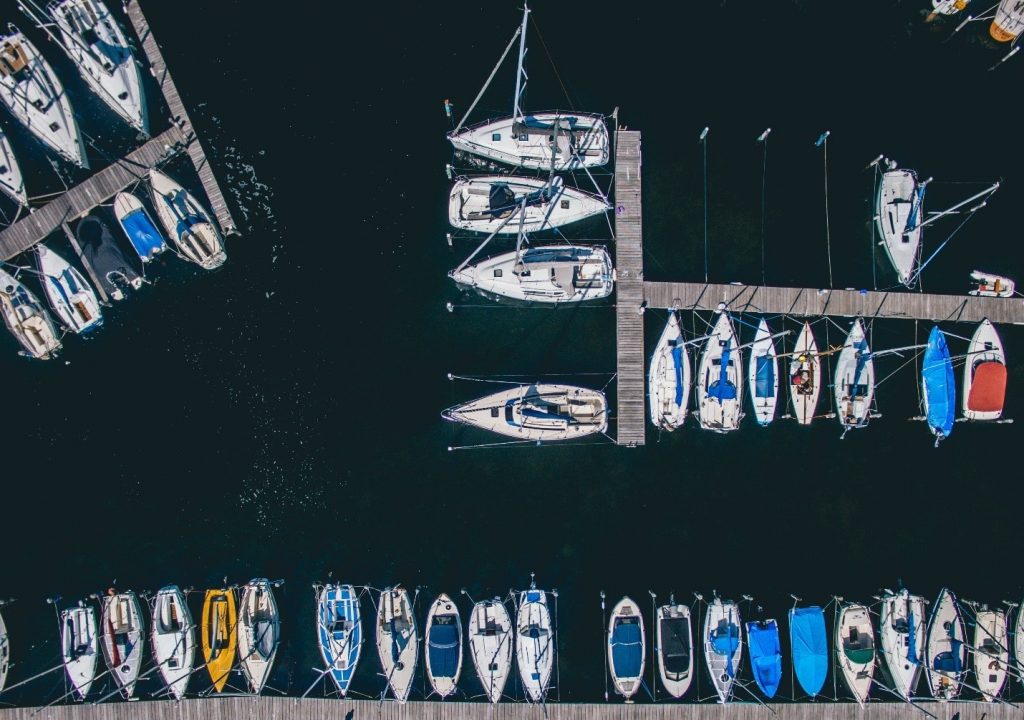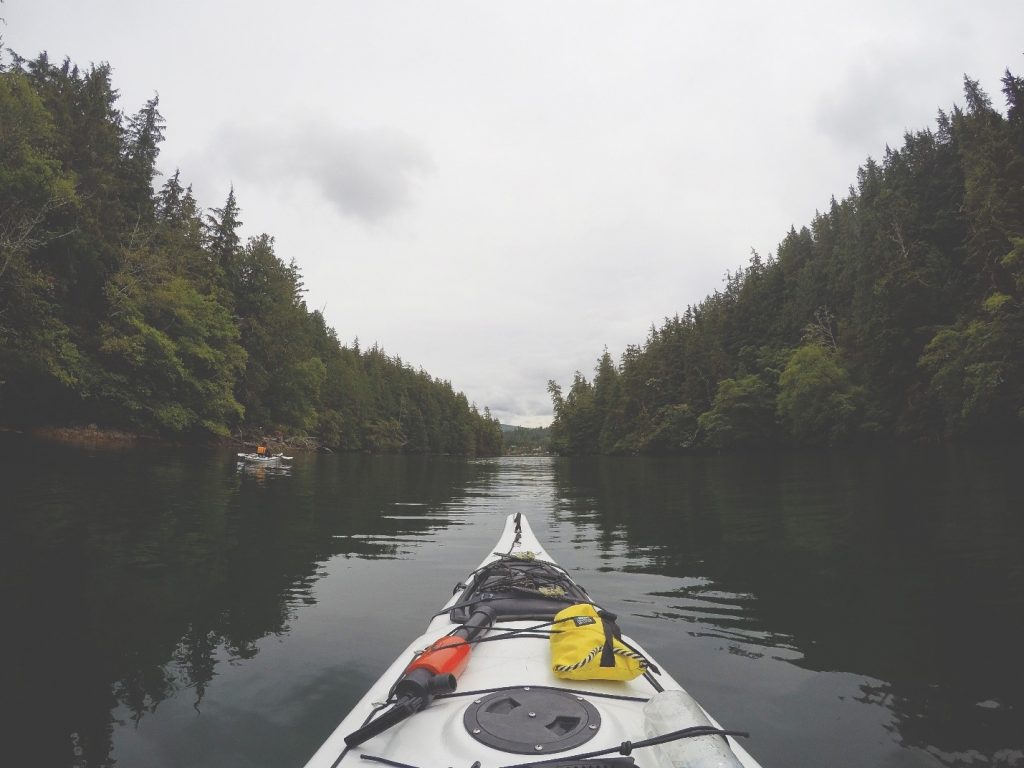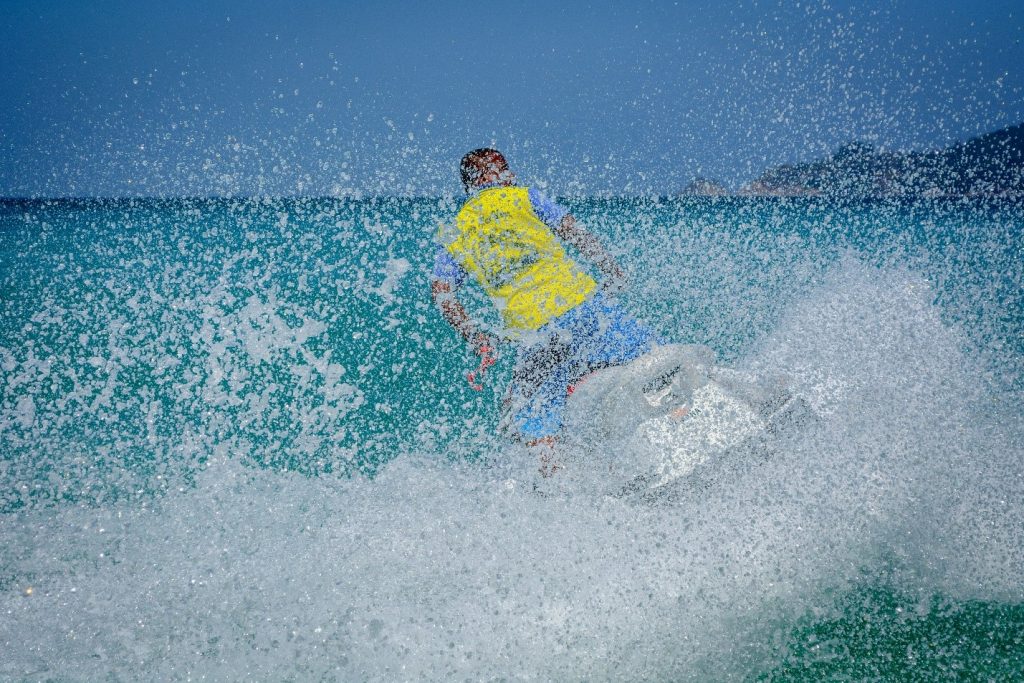Mayor Law’s Full Guide to Watercraft and Boat Safety Tips
Spending time on Oregon’s beautiful waters is a favorite pastime for many. With the warm weather coming to a close, there are some boating safety tips you should keep in mind as you embark on one last adventure.
Plan ahead
Before going out on the water, you should have a plan in place. This means:
- Learning the rules—You’ll need to register any recreational vessels and personal watercrafts with Oregon’s Marine Board. Looking for ways to learn more? Take a boating course; some states actually require completing at least one.
- Staying updated on weather conditions—If you’re driving the boat, it’s your responsibility to keep an eye on the forecast. Before leaving, check the local weather conditions so you know exactly what to expect. If you’d like, you can bring a radio with you. Be sure you check water levels, too.
- Knowing the restrictions—Some bodies of water allow electric motors only, while others prohibit all motors.
- Properly launching the boat—Securely attach your boat trailer to your vehicle. Find a boat launch and take all the gear you need with you. It’s ideal to launch your watercraft with two people or more; however, you should also make sure you know how to launch it yourself. By being equipped and ready to go, you can make the launch easier and faster, causing fewer headaches for both yourself and others at the marina.
Before you depart, for safety measures, you should also let a friend or family member know where you’re going and when you plan to be back.
Pay attention to your boat
Proper boat maintenance is essential for maximum safety and performance. It may even take more upkeep than your car! To ensure that your boat runs the way it should, stick to these boat maintenance tips:
- Frequently wash your boat, kayak, jet ski, or canoe— Remember to use cleaners specifically made for boats, as this will protect the finish.
- Regularly change your boat’s oil— If you’re taking a larger watercraft out for the day, make sure it’s free of oil and grease.
- Inspect your boat’s propeller— Does it work properly? If it’s damaged, repair it as necessary.
- Take care of your boat’s batteries— If your boat has batteries, clean them and charge them when it’s time for off-season storage.
- Dry off your boat or watercraft after you use it— You’ll definitely need to do this if you’ve been out in saltwater. The moisture can corrode some parts.
Speaking of boat maintenance and operation, make sure that there’s at least one other person on board who’s familiar with how your boat runs. This way, if anything happens to the main operator, the assistant skipper can take over.
Sharing the waterways
Many people are moving to Oregon, and this makes for plenty of congestion in popular boating locations. Currently, Oregon has almost 170,000 registered boats on the water!
Always start out slow, especially in crowded areas—you certainly don’t want to run into anyone else. Keep in mind that larger boats can take a while to turn, so if you’re operating a smaller vessel, let them have the right of way. Similarly, smaller boats should stay in calmer waters, giving bigger vessels the deeper waters. Additionally, respect any buoys; they’re strategically placed in the water to safely guide you along.
If you’re new to the water, we encourage you to visit a less-crowded spot. Practice keeping a safe distance from boats, kayaks, canoes, and other watercrafts. Doing so will help you feel more comfortable sharing the water with others.
Keep yourself and others safe
It goes without saying that if you’re going to be on the water, you’ll need to take some steps to stay safe. Please take these water safety tips to heart:
- Wear a life jacket—While you may feel like a marshmallow from the moment you put it on, there are no disadvantages of wearing one. In fact, it can save your life. Make sure you’re wearing a life jacket that properly fits, and make sure everybody on board has one. There are numerous styles out there for adults, kids, and even pets!
- Carry an emergency kit—You never know when an injury might happen. Stay ahead of the game and bring an emergency kit with you. This kit should include a first-aid kit, a throwable flotation device, a fire extinguisher, a whistle, a toolkit, navigation lights, and, if your boat requires it, extra fuel. There are many other things you can take along for the ride, but as long as you’re prepared, that’s what matters most.
- Never boat under the influence—Like drinking and driving, you need to follow the law. You can drink responsibly if you’re a passenger, but if you’re the one operating the boat, please don’t drink. Drugs and alcohol impair your judgement, and pairing them with the sun and wind makes for a bad combination.
- Refrain from littering—Dumping trash into the water not only creates an obstacle to other boaters, but it also harms marine life. Keep all cans, bottles, and plastic and paper products within your watercraft.
- Know how to swim—There’s always a small chance that you’ll end up making an unplanned trip overboard. You’ll at least need to know how to float, but swimming will take you right to safety, especially in the case that you don’t have a life jacket on. If you want to be on the water, you have to know how to swim. If you’re the main boater, you’ll absolutely need to know how to swim. If one of your passengers can’t swim, you need to be the one to save them.
- Accept the changes in weather—If the clouds start to darken and the winds begin picking up, it’s best to head toward shore. It’s better to take shelter than get caught in a storm.
We hope you remember these boating safety tips before getting on the water one last time. If you’re ever injured in a boating accident, you should file a report and take care of everything that’s happening at the scene. After the incident, you should seek help from an experienced attorney.
Travis Mayor is an award-winning lawyer who’s dedicated to recovering maximum compensation for your personal injury. This includes medical expenses, long-term care, and more. Receiving financial compensation can be a lengthy process, but Travis’s knowledge gives Oregon residents the best possible results. Request a free case review today.



